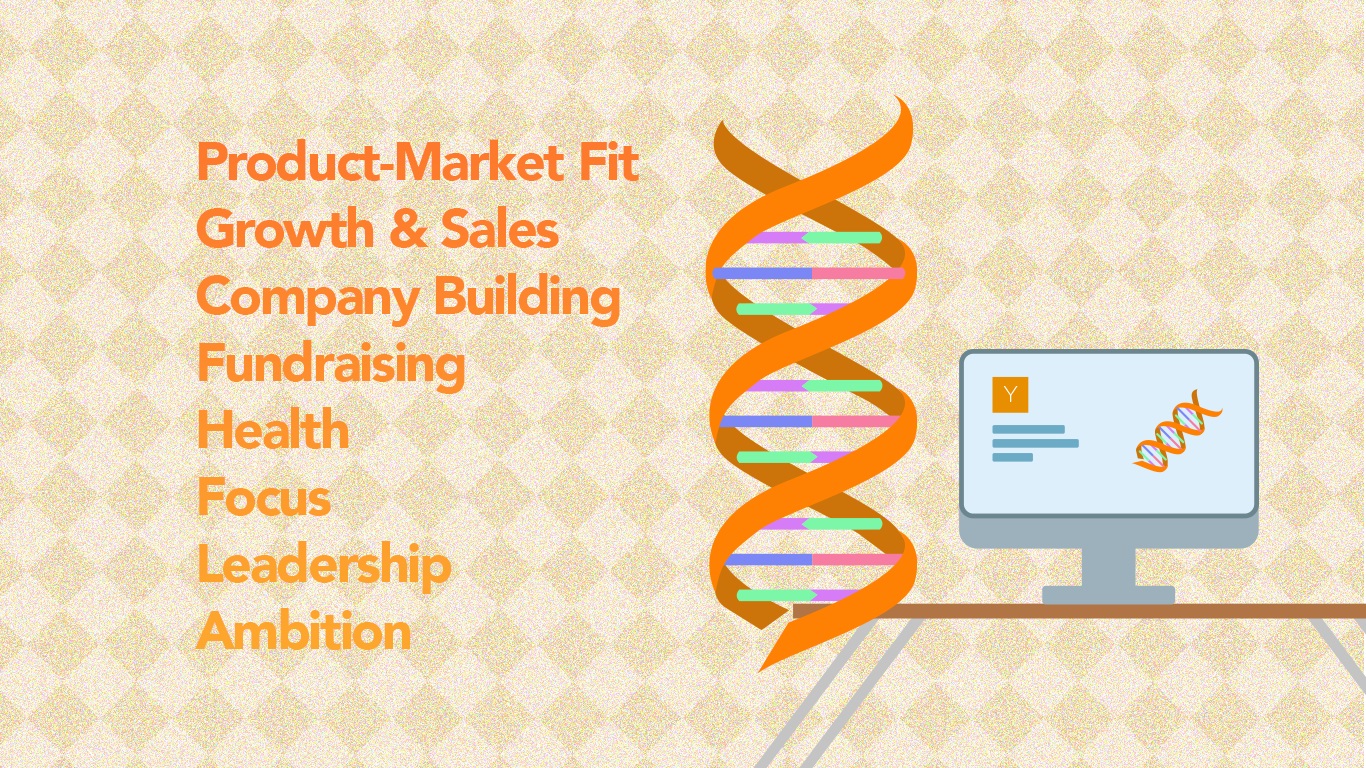
At the end of June, we launched our Y Combinator Summer 2021 program - the 33rd since the accelerator was founded in 2005. Now we finance hundreds of companies every six months, and I reflect on how we work with these companies during the intensive and then, as they build their business.
Over the years, I've found that there is a common misconception about what we do at Y Combinator. People often believe that YC's raison d'être is a Demo Day and fundraising, and that the founders' only purpose when applying to YC and completing our program is to increase the likelihood of fundraising.
It is true that companies that complete YC's core program find it easier to raise money from angel investors and venture capitalists. It is also certainly true that raising capital is extremely important for early stage startups as they fund their product development and the growth they plan and hope for.
But an important question arises: why are YC companies more likely to be successful in fundraising? Is this the reason YC is an effective filter: only the best founders and companies are chosen? This is definitely one of the reasons. However, this is not all, and it is essential to what we do. By joining YC, completing our program, working with our partnersand by becoming part of the YC community, every startup undergoes a subtle transformation into a company that is more likely to succeed. This is the real secret of YC's success.
We are much more than just the key to raising capital. We strive to transform every YC company into the best version of itself - a startup that has a better chance of surviving a fierce battle in which only the fittest and most adapted companies survive. Comparing a startup ecosystem to a biological version is certainly nothing new. We often expand the analogy and talk about the DNA of a startup, referring to the key characteristics of the company that lead to success or failure.
I recently realized that, thanks to advances in biology, there is now a way to extend this analogy to better describe what YC is doing. Innovations by Nobel Prize winners Emmanuelle Charpentier and Jennifer Doudna bring an effective gene editing technique called CRISPR to biology. ... And YC is CRISPR for startups.
Founders of startups with immense potential join YC. Their startups have their own DNA, and we modify it, edit it, CRISPRize it if you like, and include the key alleles that are most likely to be successful. What are these alleles?
- Product-Market Fit : How to think about customers and find the right way to deliver value to them.
- Growth and sales : how to grow your customer base economically and wisely.
- Building a company : how to build a solid, long-term company infrastructure. Especially how to find and hire the right employee.
- : .
- : .
- : , .
- : , .
- : , , , , YC YC. , , , , .
Founders from all over the world are joining YC today. Although most of them are at the very beginning of the journey, our goal is that by the end of the intensive, each of them will find that their trajectory has changed in order to give them the best chance of survival and prosperity. YC's “gene editing” doesn't end there. We continue to work with founders as they build their companies, helping them with recruiting , Round A, and scaling .
At YC, we have seen all the success and failure of the thousands of companies we have funded over the years. We apply this knowledge in every program to give YC companies every possible benefit. However, in the end, the secret of any startup's success lies directly in the founders - their vision and execution. We're just helping these founders find the very best versions of themselves that they could be.
Follow the YC Startup Library news in Russian in the telegram channel or on Facebook .
Useful materials
- A selection of 143 translations of Paul Graham's essays (from 184)
- 75 lectures in Russian from Y Combinator (out of 172)
- Y Combinator: Russian-speaking founders
- What startups Y Combinator is looking for in 2020
- Chat Y Combinator in Russian
- Public on Facebook YCombinator in Russian